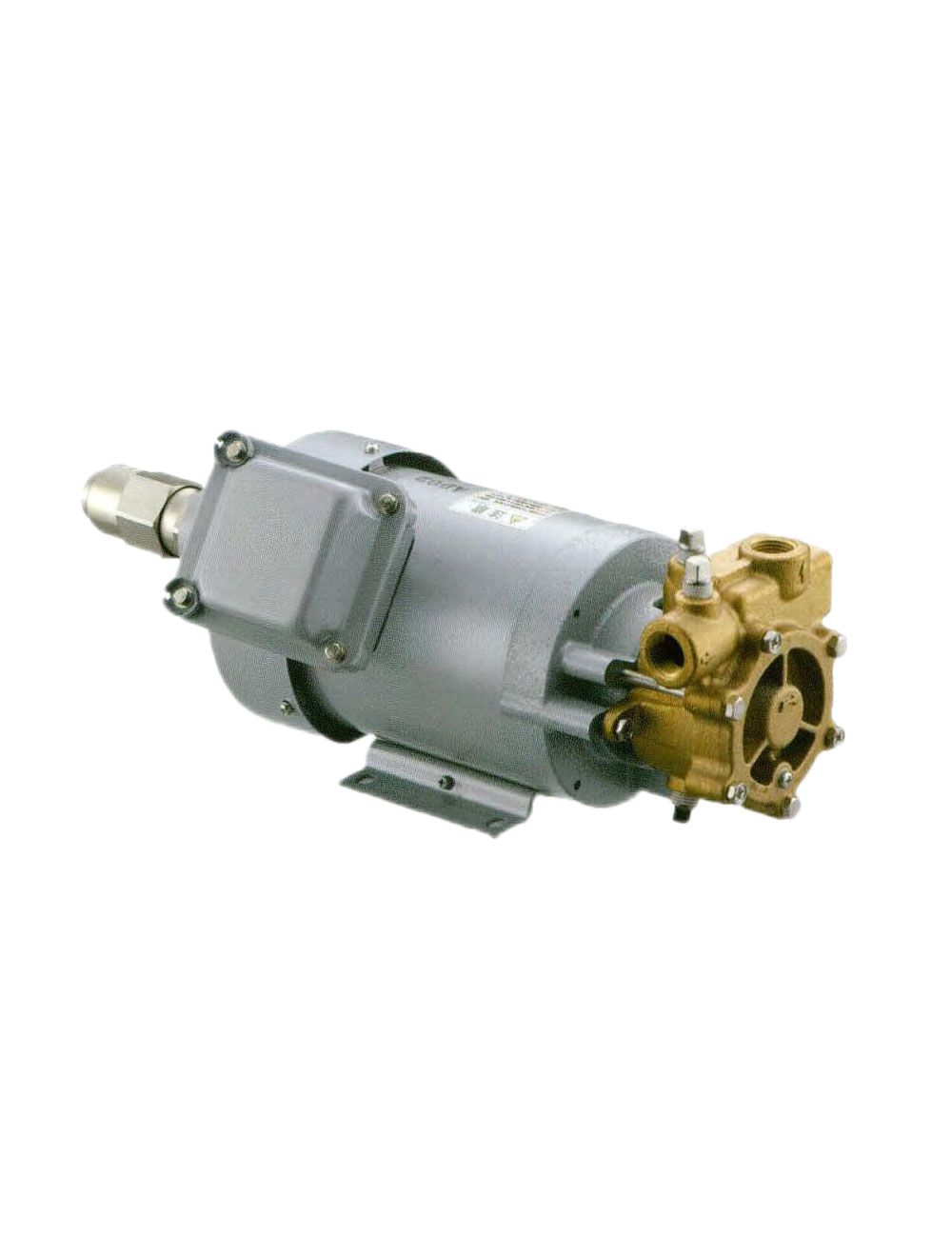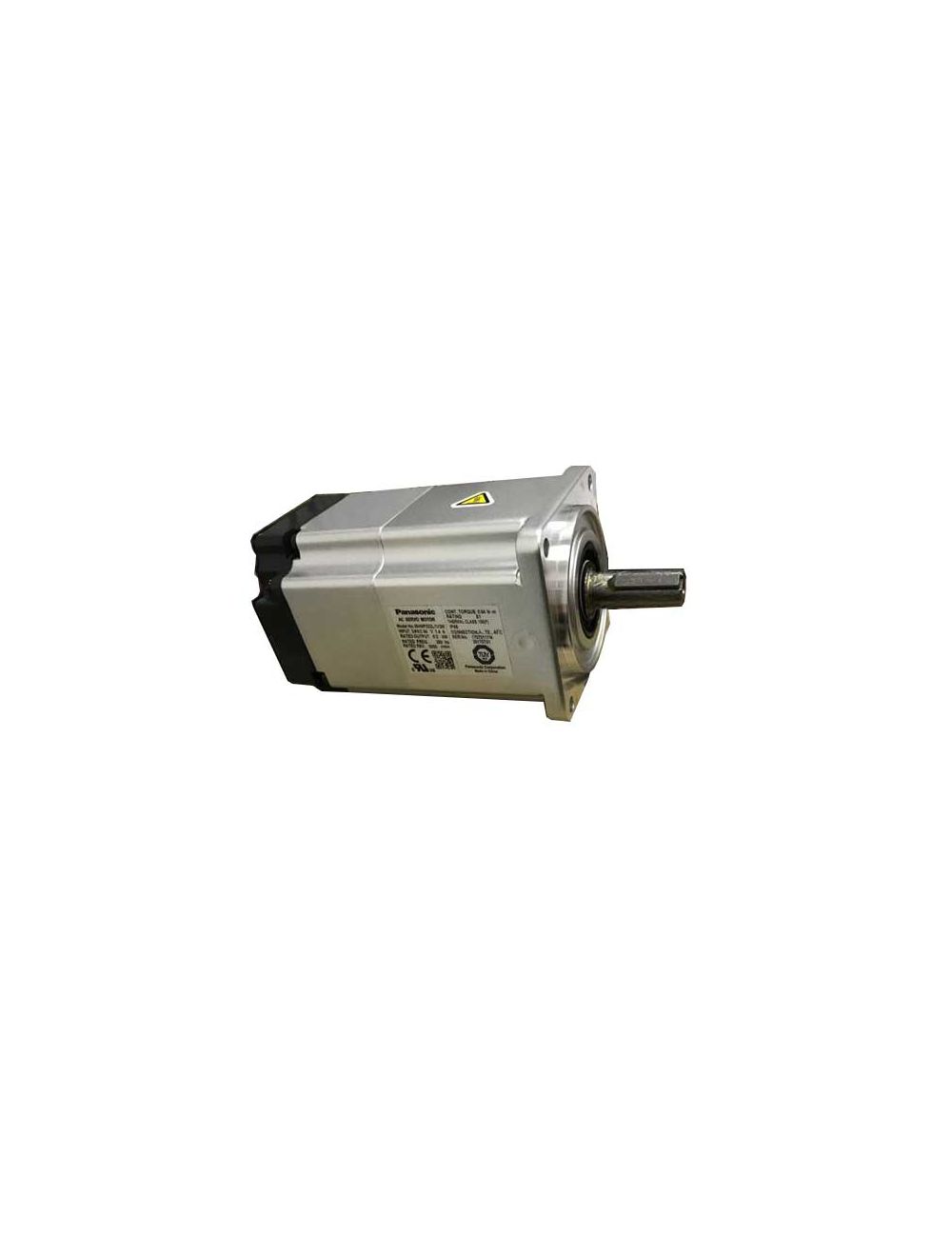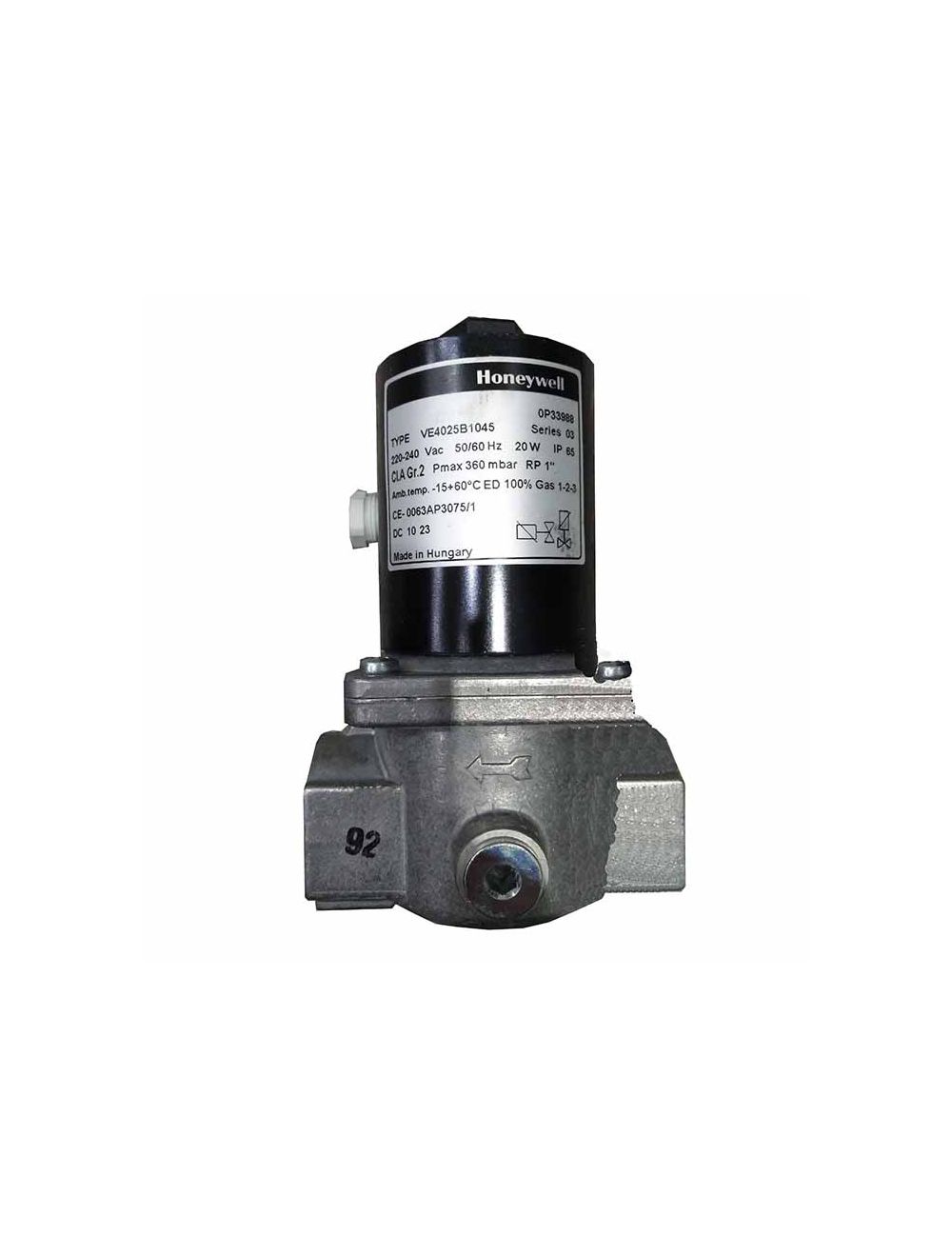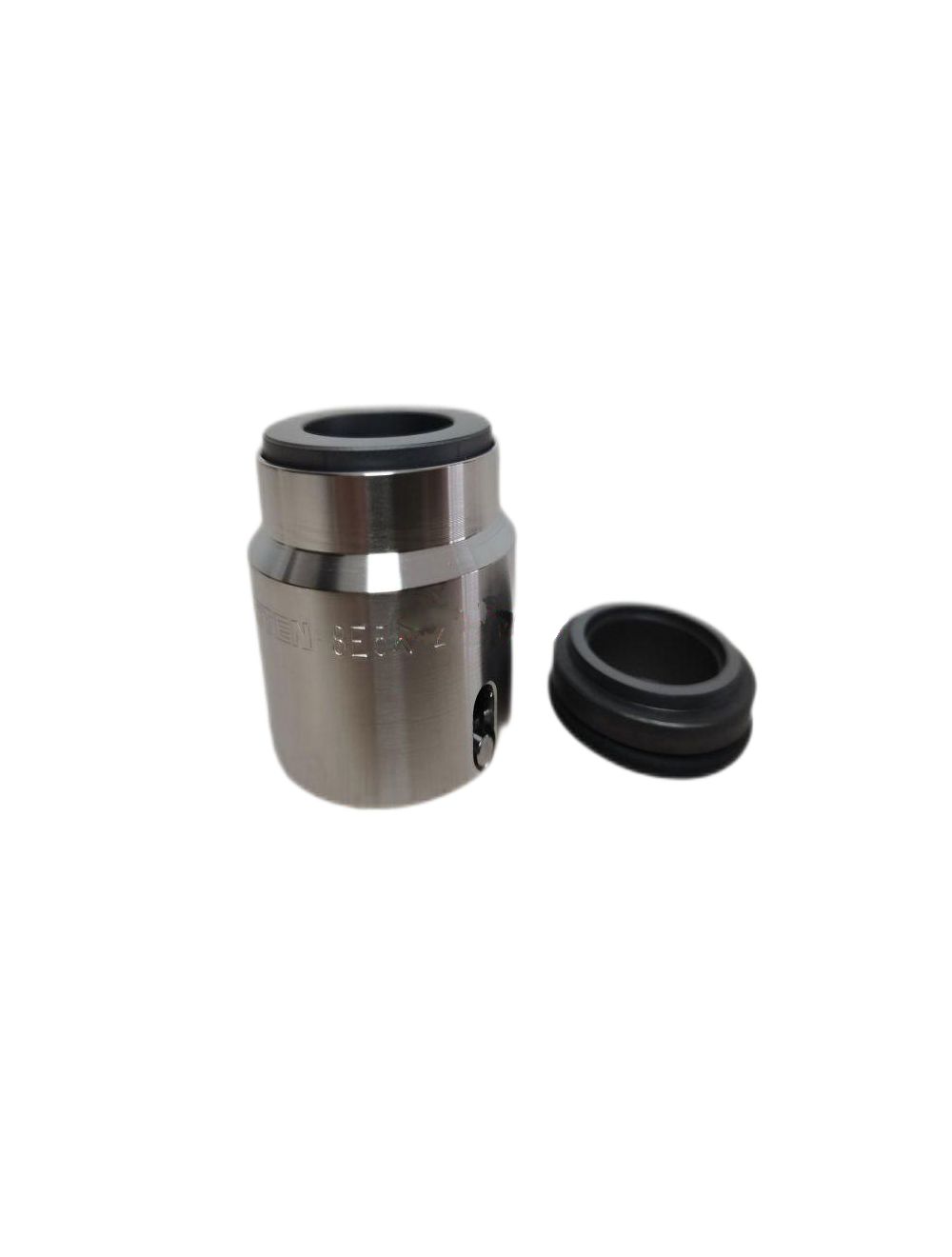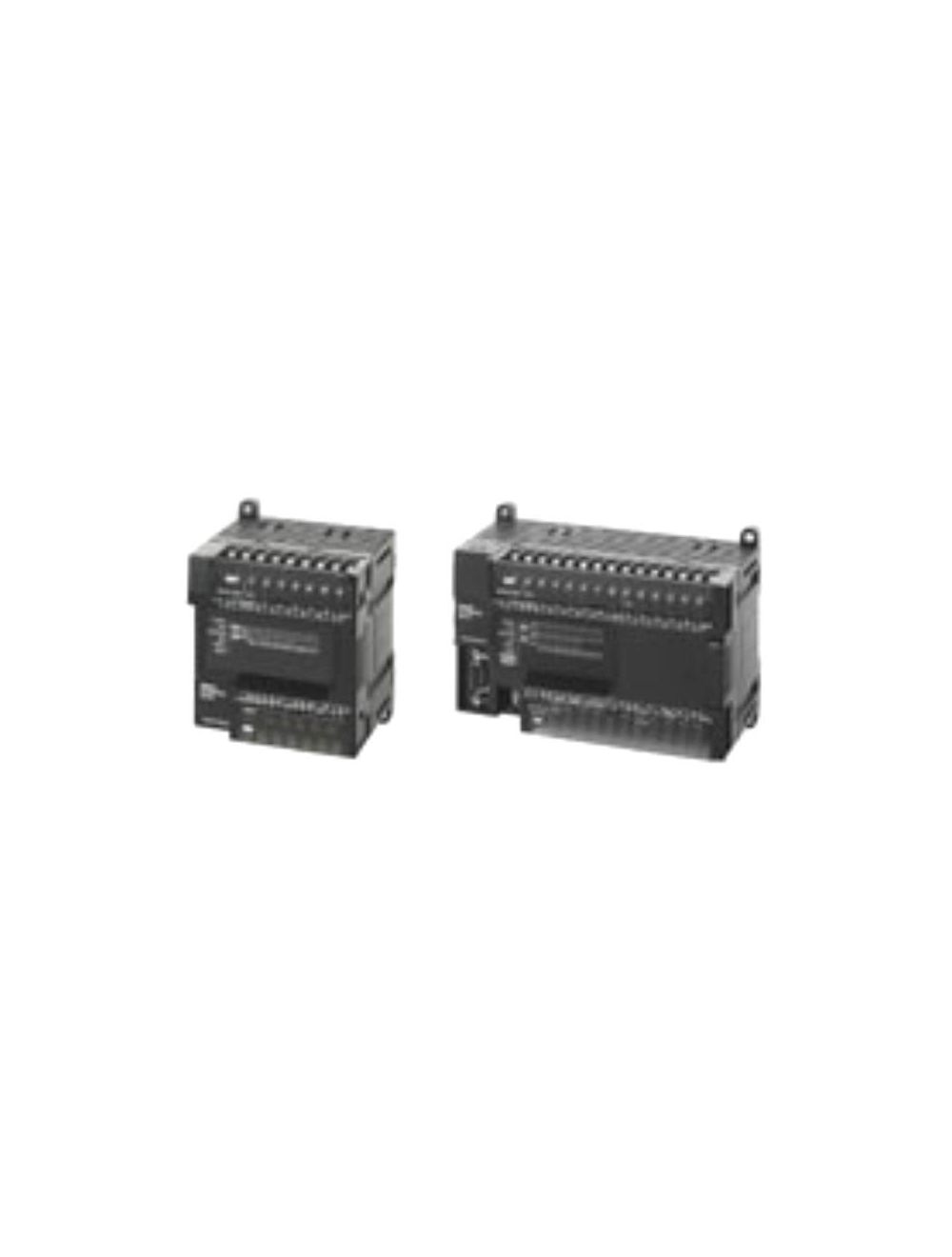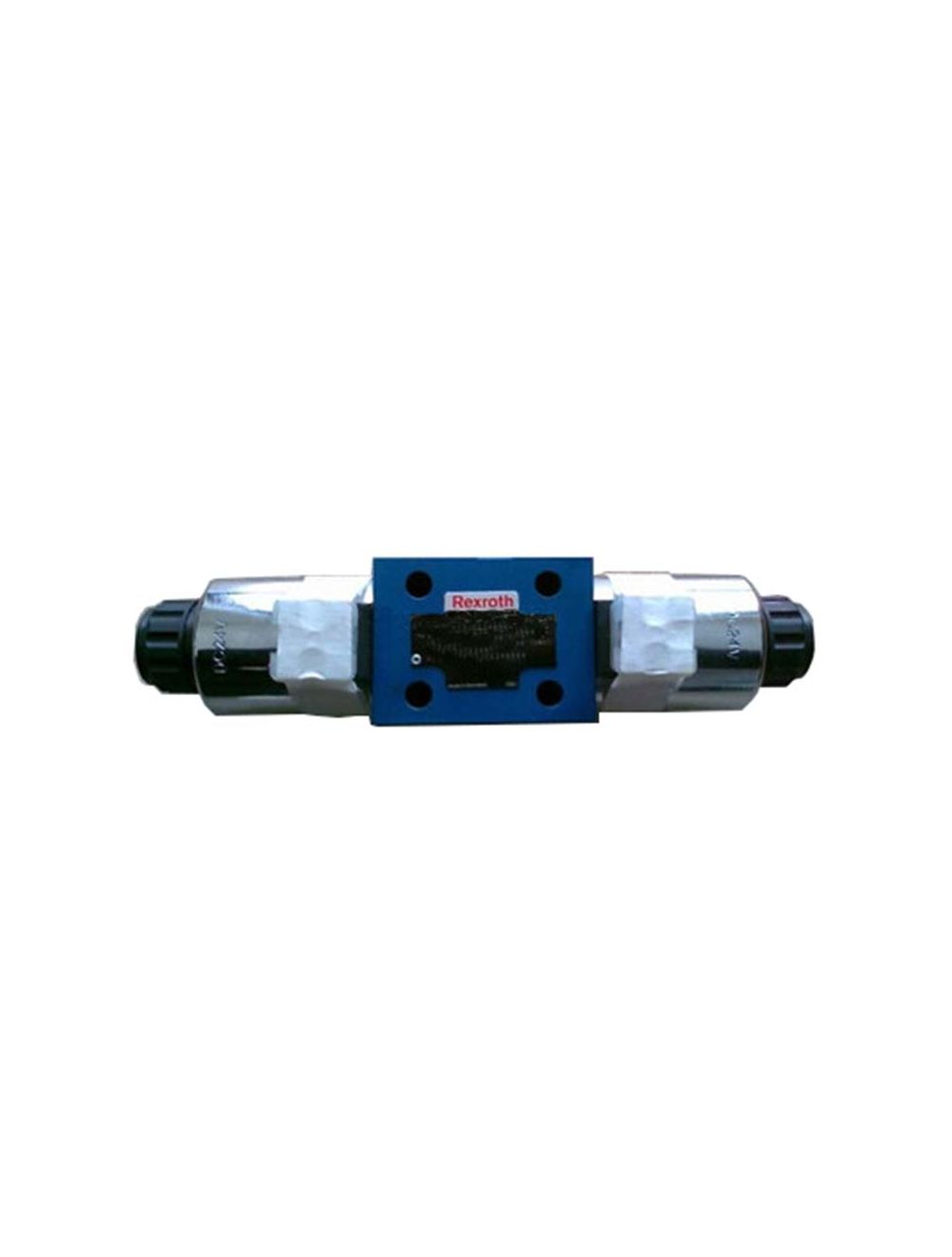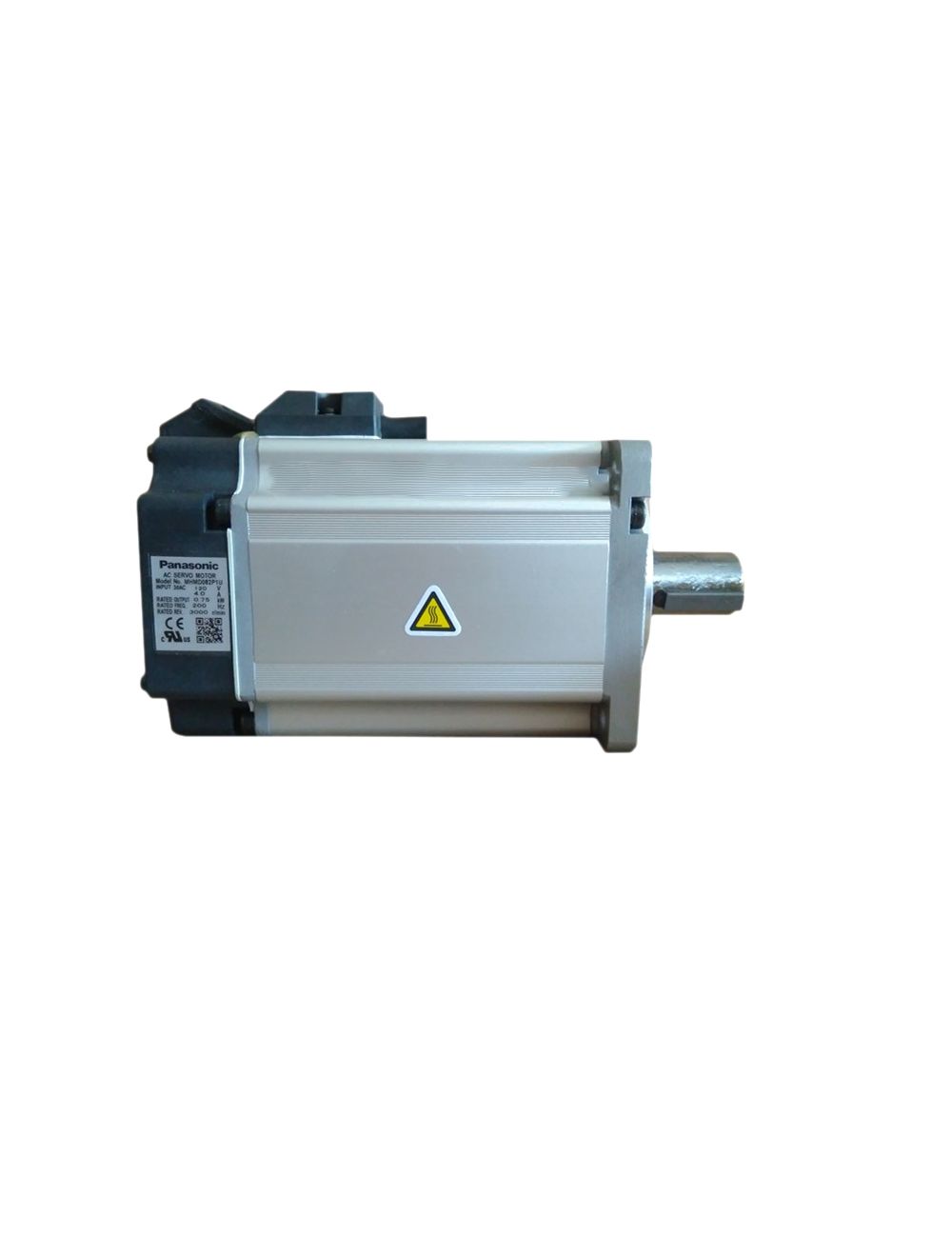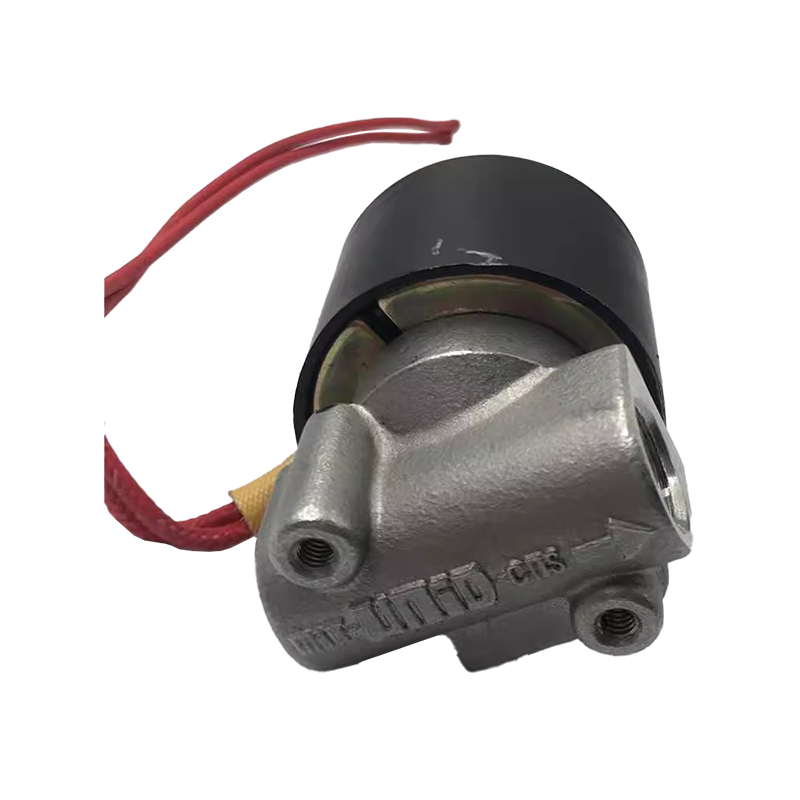
Figure 1: DAIKIN inverter AC.
As technology continues to advance, so does the efficiency and functionality of our everyday appliances. One such
innovation in the field of air conditioning is the inverter air conditioner. Inverter technology has revolutionized
cooling systems, offering improved energy efficiency, precise temperature control, and quieter operation.
In this article, we delve into the world of inverter air conditioners, exploring their working principle, benefits,
and considerations when choosing the right unit for your home.
1. What is an Inverter Air Conditioner
Inverter air conditioners are advanced cooling systems that utilize innovative technology to regulate indoor temperature efficiently. Unlike conventional air conditioners (non-inverter ACs), which operate on a fixed speed, inverter models adjust the compressor's speed according to the desired temperature, resulting in more precise cooling and reduced energy consumption.
2. What is an Air Conditioner Inverter
An air conditioner inverter is a type of air conditioning system that uses advanced technology to provide efficient
and comfortable cooling. The main component of an inverter air conditioner is the inverter (frequency converter)
itself.
When the frequency converter is working, the control unit controls the main circuit, and the rectifier unit converts
AC power into DC power, then adjusts the DC power, outputs smooth filtering, and finally the inverter converts the
DC power back to controllable AC power. Through this series of operations, the compressor's speed can be controlled
precisely.

Figure 2: Air conditioner inverter board.
3. Working Principle of Inverter Air Conditioners
With traditional air conditioners, the compressor runs at full capacity until the desired temperature is reached,
after which it shuts off completely. Once the room temperature rises again, they switch the compressor back on at
full power.
In contrast, inverter air conditioners regulate the compressor speed to maintain the desired temperature
consistently. This technology uses a variable frequency drive (an
inverter) to adjust the compressor's speed based on the cooling requirements. By continuously matching the cooling
output to the load, inverter air conditioners can provide efficient and stable temperature control, resulting in
significant energy savings.

Figure 3: Basic principle of electric control of an inverter air conditioner.
4. Pros and Cons of Inverter Air Conditioner
4.1 Pros of Inverter Air Conditioners
1. Enhanced Energy Efficiency
One of the primary advantages of inverter air conditioners is their superior energy efficiency. By modulating the
compressor speed, these units consume less power during the cooling process compared to conventional systems. The
ability to operate at lower speeds for longer durations ensures that inverter air conditioners have a slower
start-up time, minimizing energy consumption spikes.
As a result, these units can deliver substantial energy savings, leading to lower electricity bills and reduced
environmental impact.
2. Precise Temperature Control
Inverter air conditioners offer precise and consistent temperature control. With traditional systems, temperature
fluctuations are common as the compressor switches on and off.
However, inverter technology allows for finer temperature adjustments, maintaining a stable indoor climate without
sudden temperature swings. This reliable cooling performance ensures optimal comfort and a more pleasant living
environment.
3. Quieter Operation
Inverter air conditioners are designed to operate at lower speeds, resulting in reduced noise levels compared to
conventional units. By regulating compressor speed and maintaining a constant temperature, inverter air conditioners
eliminate the sudden bursts of noise associated with compressor start-ups.
As a result, these units provide a quieter and more peaceful indoor environment, allowing you to enjoy the cooling
comfort without the annoying distractions.
4. Extended Lifespan
The continuous regulation of compressor speed in inverter air conditioners leads to less wear and tear on the
components. Unlike traditional units that frequently start and stop, inverter compressors run more consistently at
lower speeds. This reduced stress on the system contributes to a longer lifespan for your air conditioner, ensuring
that you get the most out of your investment.

Figure 4: Split AC.
4.2 Cons of Inverter Air Conditioner
While inverter air conditioners offer numerous advantages, it's important to consider some of the potential
drawbacks before making a purchasing decision. Here are a few cons to keep in mind:
1.Higher upfront cost
Inverter air conditioners tend to be more expensive than traditional non-inverter units. The advanced technology and
components required for the variable speed compressor contribute to the higher upfront cost.
However, it's essential to weigh this against the long-term energy savings and operational benefits that inverter
air conditioners provide.
2.Maintenance and repair considerations
Inverter air conditioners, with their advanced technology, may require specialized maintenance and repair services.
While regular maintenance practices such as cleaning air filters and checking refrigerant levels apply to all air
conditioners, inverter units may have additional components that need attention. It's important to factor in
potential maintenance and repair costs when considering an inverter air conditioner.
3.Limited availability and options
Although inverter air conditioners are becoming more popular and widely available, they may still have limited
options in terms of brands, models, and sizes compared to non-inverter units. This could restrict your choices when
selecting an inverter air conditioner that matches your specific requirements and preferences.
4.Longer Startup Time
Inverter air conditioners may take slightly longer to reach the desired temperature compared to traditional models.
This is because they gradually increase the compressor speed rather than starting at full power immediately.
However, this slight delay is usually not significant enough to impact comfort significantly.

Figure 5: AC outdoor units.
5. Factors to Consider When Choosing an Inverter Air Conditioner
1. Room Size and Cooling Requirements
Selecting the right-sized inverter air conditioner ensures optimal cooling performance and energy efficiency.
Consider the room's dimensions, insulation, and any additional heat sources when determining the appropriate cooling
capacity.
2. Energy Efficiency Ratings
Pay attention to the energy efficiency ratings of inverter air conditioners, such as the Seasonal Energy Efficiency
Ratio (SEER) and Energy Efficiency Ratio (EER). Higher ratings indicate better energy-saving capabilities and lower
operating costs.
3. Additional Features and Functionalities
Evaluate the available features and functionalities that align with your specific needs. These may include
programmable timers, air purification systems, Wi-Fi connectivity, or smart home integration.
4. Brand Reputation and Warranty
Choosing a reputable brand known for manufacturing high-quality inverter air conditioners is essential. Established
brands often have a strong track record of producing reliable and efficient cooling systems. Additionally, ensure
that the unit is backed by a comprehensive warranty that covers both labor and parts. A reliable warranty provides
peace of mind and protects your investment in case of any unforeseen issues.

Figure 6: Air conditioner installation.
6. Conclusion
Inverter air conditioners offer a range of benefits that make them a compelling choice for modern homes. By
leveraging advanced technology to regulate compressor speed, these units provide improved energy efficiency, precise
temperature control, quieter operation, and an extended lifespan.
When selecting an inverter air conditioner, consider factors such as cooling capacity, energy efficiency ratio, and
brand reputation. With the right unit, you can enjoy optimal cooling comfort while keeping energy consumption and
costs in check. Embrace the innovation of inverter technology and experience the benefits it brings to your home's
cooling system.

